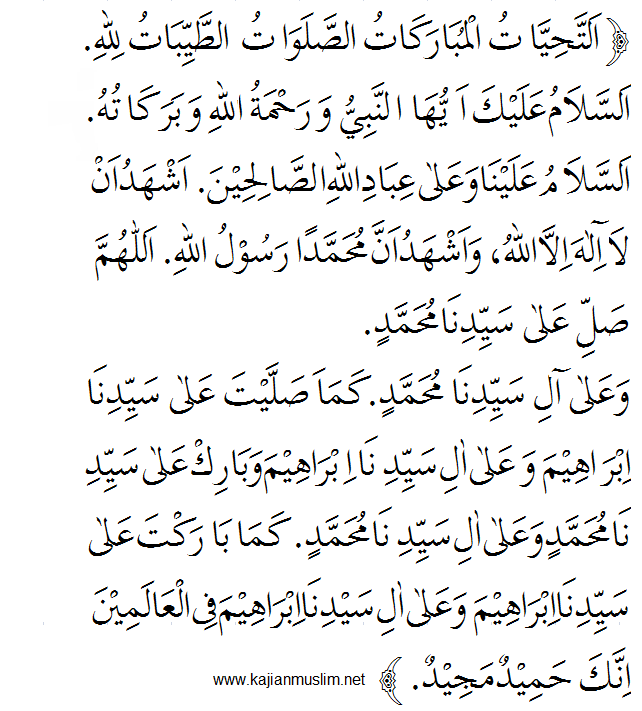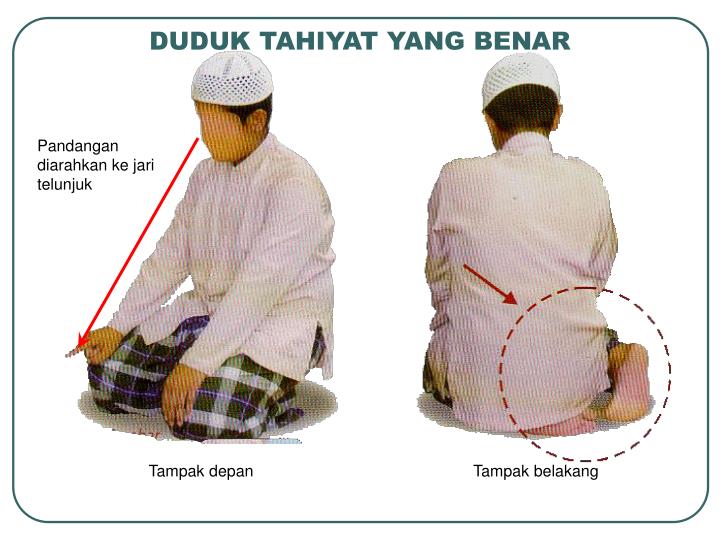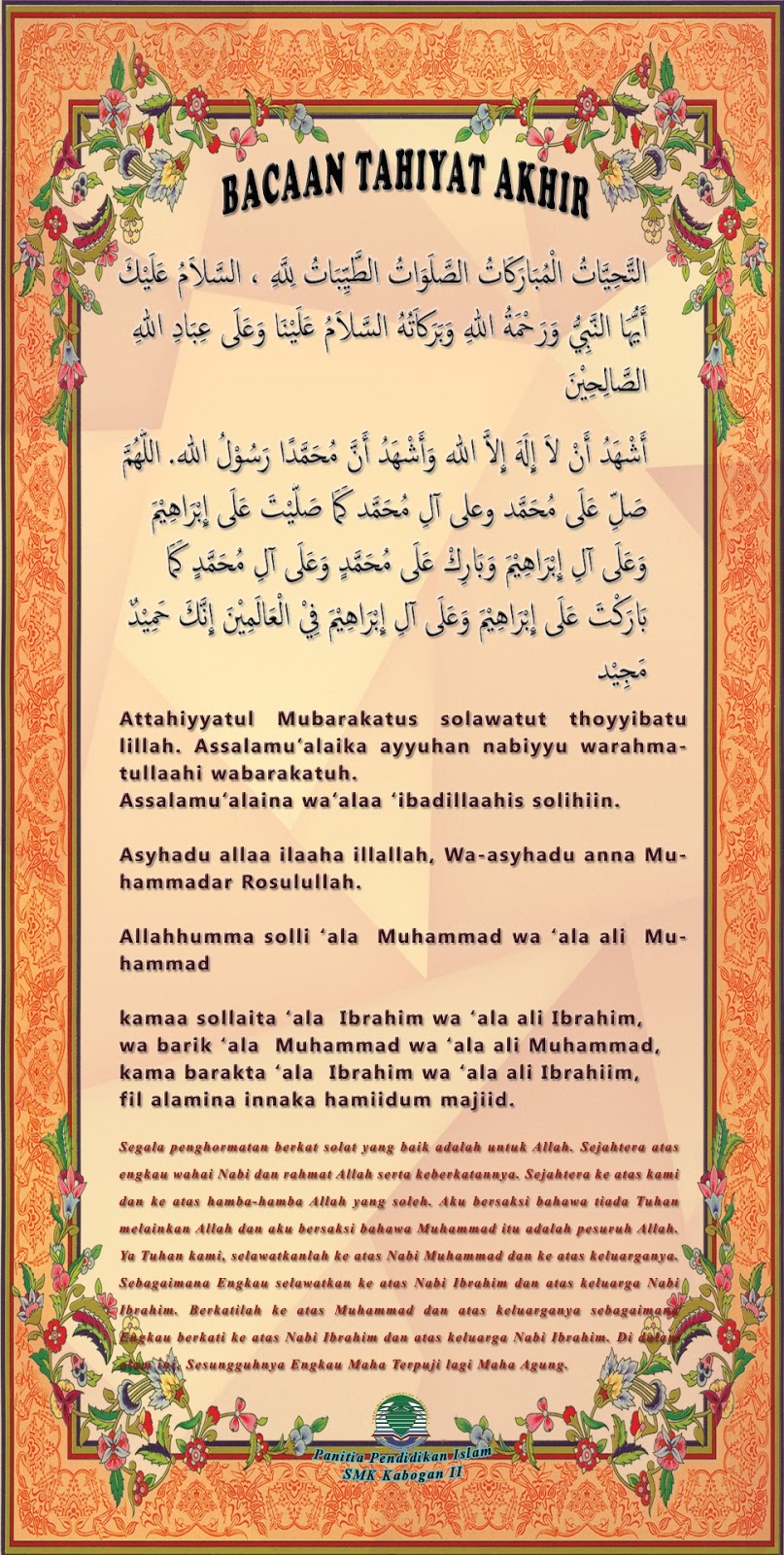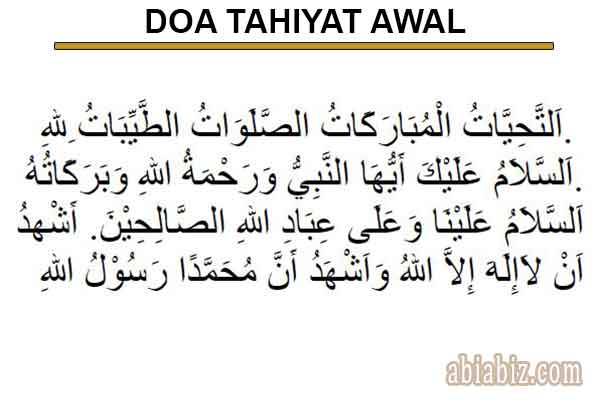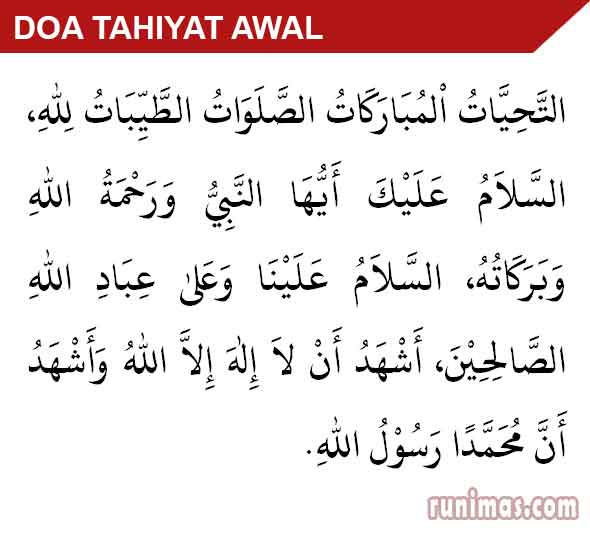In the tapestry of Islamic rituals, prayer (Salah) stands as a vibrant and essential thread, connecting believers to the divine. Each element within this sacred act of worship holds profound meaning, weaving together a tapestry of devotion, submission, and spiritual reflection. Among these elements, Tashahhud, the testimony of faith recited while sitting during prayer, occupies a place of unique significance.
Imagine yourself immersed in prayer, your heart attuned to the rhythm of each movement. As you transition from standing to sitting, your body finds solace in a posture of humility, mirroring the inner state of submission before the Almighty. It is in this moment of tranquility that Tashahhud is recited, serving as a poignant reminder of the very essence of faith.
But what exactly is Tashahhud, and why is it considered so integral to prayer? Tashahhud, derived from the Arabic word "Shahada" (testimony), is a declaration of faith, affirming belief in the Oneness of God (Allah) and the prophethood of Muhammad (peace be upon him). It is a moment of reaffirmation, a conscious acknowledgment of the fundamental tenets that underpin the Islamic faith.
Beyond its literal meaning, Tashahhud embodies a deeper spiritual significance. It serves as a bridge between the physical act of prayer and the inner realm of the heart, connecting the outward manifestations of worship with the inward state of belief and devotion. As you recite the words of Tashahhud, you are not merely uttering phrases; you are reaffirming your commitment to a life lived in accordance with divine guidance.
The recitation of Tashahhud is not limited to a single instance during prayer. Rather, it is performed twice – once after the second Rak'ah (unit of prayer) known as Tashahhud Awal (initial Tashahhud), and again after the final Rak'ah known as Tashahhud Akhir (final Tashahhud). This repetition emphasizes the centrality of faith throughout the prayer, reminding the believer of the unwavering foundation upon which their worship rests.
The importance of Tashahhud is further underscored by its historical context. It is believed that the Prophet Muhammad (peace be upon him) instructed his companions to recite Tashahhud during prayer, emphasizing its integral role in this sacred act of worship. Over the centuries, the recitation of Tashahhud has been meticulously preserved, passed down through generations as a testament to its enduring significance in the lives of Muslims worldwide.
While the core components of Tashahhud remain consistent, there exist subtle variations in wording and pronunciation among different schools of Islamic thought. These variations, far from diminishing the unity of the Muslim community, reflect the richness and diversity within Islamic tradition. Despite these differences, the fundamental message of Tashahhud remains unchanged – a powerful affirmation of faith and submission to the will of God.
In conclusion, Tashahhud stands as a pillar of Islamic prayer, a testament to the unwavering belief in the Oneness of God and the prophethood of Muhammad (peace be upon him). It is a moment of spiritual reflection, a bridge connecting the physical act of worship with the inner sanctum of the heart. As you embark on your prayer, remember the profound significance of Tashahhud, allowing its words to resonate within you, strengthening your faith and drawing you closer to the divine.
bacaan tasyahud awal dan akhir - The Brass Coq
bacaan tasyahud awal dan akhir - The Brass Coq
bacaan tasyahud awal dan akhir - The Brass Coq
bacaan tasyahud awal dan akhir - The Brass Coq
bacaan tasyahud awal dan akhir - The Brass Coq
bacaan tasyahud awal dan akhir - The Brass Coq
bacaan tasyahud awal dan akhir - The Brass Coq
bacaan tasyahud awal dan akhir - The Brass Coq
bacaan tasyahud awal dan akhir - The Brass Coq
bacaan tasyahud awal dan akhir - The Brass Coq
bacaan tasyahud awal dan akhir - The Brass Coq
bacaan tasyahud awal dan akhir - The Brass Coq
bacaan tasyahud awal dan akhir - The Brass Coq
bacaan tasyahud awal dan akhir - The Brass Coq
bacaan tasyahud awal dan akhir - The Brass Coq






